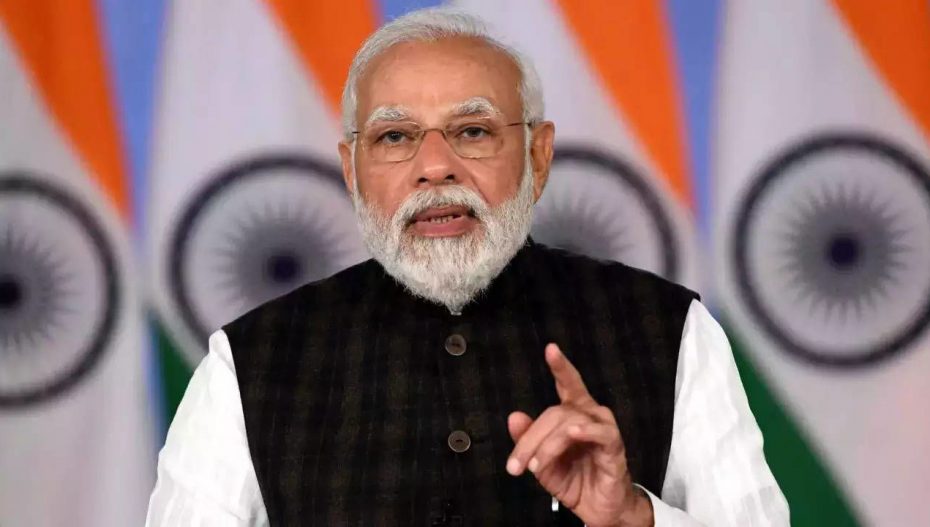Prime Minister Narendra Modi said India’s position in the world would have been completely different if 75 planned cities had been developed in the 75 years of its independence.
After independence, just one or two planned cities were built in the nation, according to Prime Minister Modi, who was speaking at a post-Budget webinar on the topic of “Urban Development with Emphasis on Planning.”
The government was hosting a series of 12 webinars, this one being the sixth. To gather ideas and suggestions for the successful execution of the initiatives proposed in the Union Budget 2023, webinars will be held.
Modi emphasised that in the fast-paced climate of India in the twenty-first century, well-planned cities are essential. He stated that a Rs 15,000 crore incentive for urban development standards had been announced in this year’s budget and expressed optimism that it would spur planned urbanisation.
He asked the webinar’s participants to concentrate on three key issues: how to strengthen the urban planning ecosystem in the states, how to properly use the expertise available in the private sector in urban planning and lastly how to develop a centre of excellence that will take urban planning to a new level.
“Urban planning will determine the fate of our cities in Amritkal and it is only well-planned cities that will determine the fate of India,” PM Modi said. “India is making the circular economy a major basis of urban development,” he added, noting that thousands of tonnes of municipal waste such as battery waste, electrical waste, automobile waste, tires and waste generated daily were being used to make compost.
He asked the webinar’s specialists to submit creative suggestions, while emphasising the part they could play in things like the creation of various planning tools, effective human resources, and capacity building.
Prime Minister Modi emphasised the necessity for more investment in urban infrastructure and planning in tier-2 and tier-3 cities, saying that, “our future cities must be garbage-free, water secure, and climate-resilient.”









